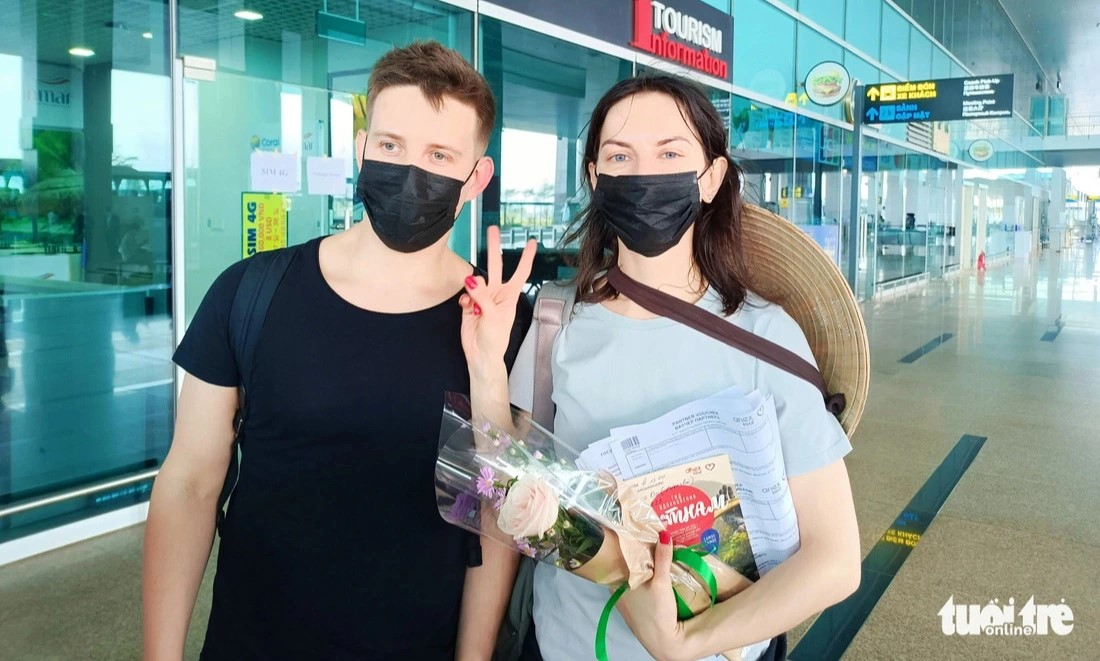Recent data from Yandex reveals a notable increase in searches related to travel in Vietnam.
Yandex is a Russian multinational technology company specializing in Internet-related products and services.
This trend highlights Vietnam's growing popularity on the global stage, particularly among Russian tourists and those from the Commonwealth of Independent States (CIS), which includes countries where Russian is spoken.
Rising interest among Russian tourists
In the second quarter of 2024, Yandex Search noted a substantial shift in user interest toward travel in Asia. The search data indicates a 35-percent increase in Russia and a 15-percent rise in other countries compared to the same period of last year.
Within Russia, the top three most searched tourist destinations were China, Thailand, and Vietnam.
Similar patterns were observed in other countries, with a significant spike in search volume in this quarter suggesting that Vietnam's popularity has soared compared to other Asian nations -- rising by 57 percent in Russia and 48 percent elsewhere.
Cities such as Nha Trang, Phu Quoc, Hanoi, Ho Chi Minh City, Da Lat, and Da Nang have also experienced remarkable increases in search volume, with Nha Trang seeing a record rise of 130 percent.
These destinations are becoming increasingly preferred due to their natural beauty, pleasant tropical weather, and unique experiences.
Capitalizing on the potential of Russian tourists
Data from Yandex Ads clearly illustrates the rising interest in Vietnam as a must-visit destination. This trend is expected to continue as Vietnam enhances its image among international tourists.
Understanding what drives this reputation allows the tourism industry to seize opportunities and ensure that Vietnam remains a top choice for travelers.
According to Yandex Ads, travel companies, hotels, and tour operators in Vietnam can gain valuable insights from the latest search behaviour trends.
By leveraging digital advertising campaigns targeted at specific audiences, businesses can effectively promote destinations, accommodations, and unique experiences at optimal times.
For instance, tour operators should plan advertising campaigns four months prior to festive seasons since many Russian-speaking tourists typically finalize their travel plans two to three months before.
Moreover, Russian-speaking tourists prefer information and advertisements presented in their native language, complemented by appealing visuals such as blue oceans, stunning beaches, and captivating destinations.
Like us on Facebook or follow us on X to get the latest news about Vietnam!



















































